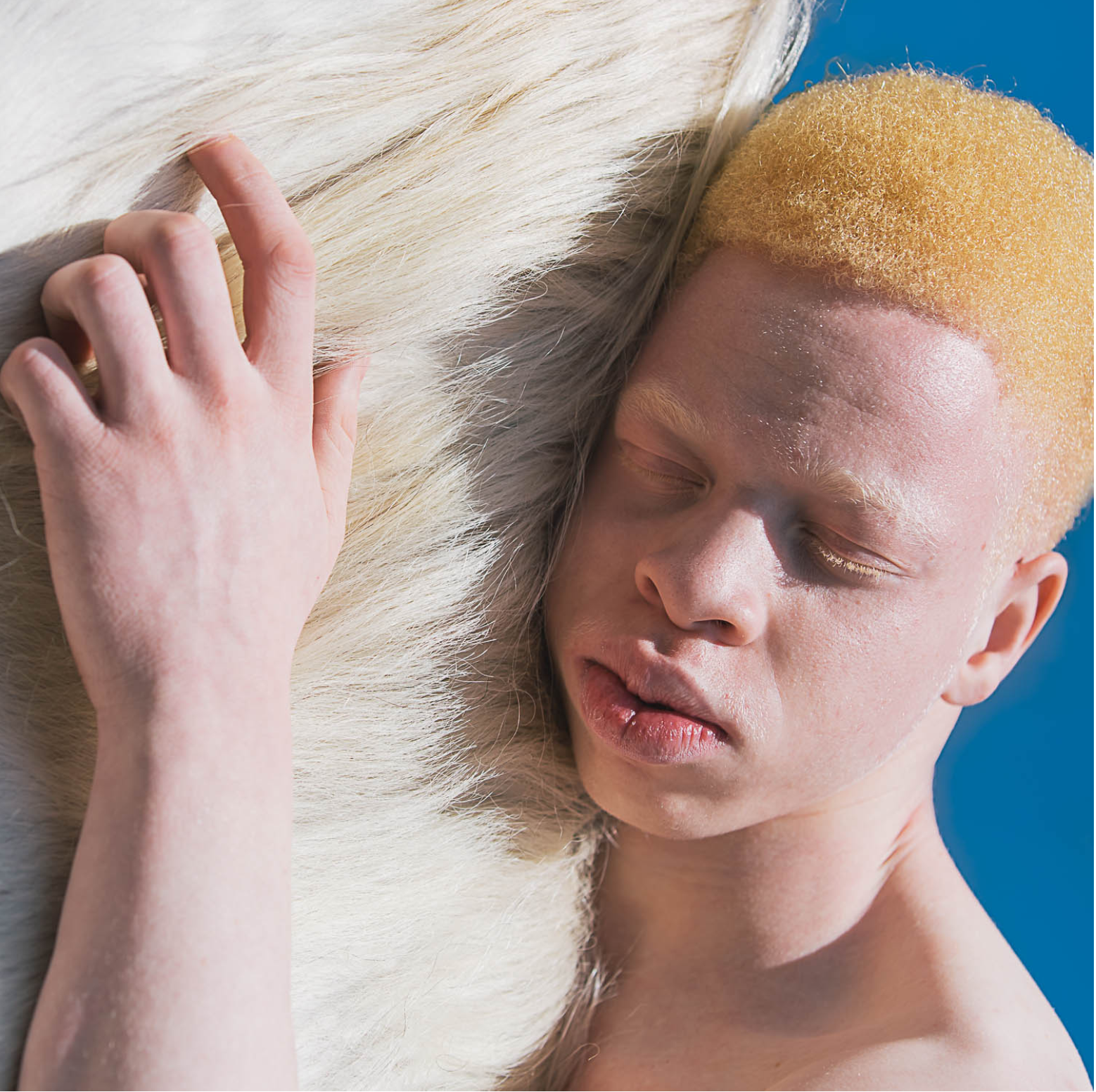Sarah Waiswa is the Ugandan Documentary and Portrait Photographer Showcasing the Complexities of African Identity
Sarah Waiswa’s photography is the epitome of poetic justice. Her vivid color palette and expansive portfolio boast her attempt at capturing the full spectrum of human emotion as she documents everyday life on the African continent.
In the words of fellow photographer Erika Larsen, “There is a genuine sense of humanness in her approach to creating”. Contrary to the white western gaze, the result of Sarah’s success at injecting nuance in the portrayal of African identity is exemplified when she was selected as a Canon ambassador in 2018 and the World Press Photo 6x6 Africa Programme. To Sarah, these aren’t just individual achievements, but a marker of what a generation of African women can achieve if equipped with resources. “I think we finally have the opportunity to have a seat at the table, to be represented, to speak, and to be heard.”
Sarah’s path in marrying photography and her passion for community wasn’t always clear cut. Born in Uganda and fostered by a Kenyan upbringing, she moved to the United States for further study and attained degrees in both sociology and psychology. After working a corporate job in America for nearly a decade, her return to Kenya ignited the dormant urge to pursue photography full-time. “I picked up the camera as a way to reconnect with the past. I was overcome by a sense of nostalgia about being home, after being gone for a long time” and she hasn’t looked back since.
Series: Stranger in familiar land. A woman with albinism set against the backdrop of the Kibera slums, which are a metaphor for my turbulent vision of the outside world. The series illustrates the life of a woman with albinism who is forced to face challenges emanating from both the sun and society. The series additionally illustrates how the sense of not belonging, has caused her to wander and exist in a dreamlike state.
By sparking dialogue about social injustices, the evolution of Sarah’s work has evolved beyond the surface of illustrating “Africanness” to reporting the lives of those who are othered into society’s margins.
Her project Stranger in a Familiar Land explores the intersections of isolation and belonging by highlighting the plight of people with albinism in an area of the continent where people with albinism are still widely persecuted.
In this interview, Canon ambassador and African Women in Photography founder Sarah Waiswa shared some important life lessons she’s discovered since choosing to pursue photography full-time.
Would you consider photojournalism as the most organic medium for storytellers?
People should adopt the medium that allows them to communicate in the most effective way. I read an article the other day that said there is no such thing as truth in photography. We are all trying to tell our versions of a story, so really there is no "best" way to communicate our thoughts.
What are some of the lessons you've learned along the way?
Speak up, network as much as possible, and don’t underestimate the power of community.
What’s the highlight of your job as a documentary and portrait photographer and what is the most challenging?
The most rewarding part is the people I get to meet are other photographers in this line of work. The downside of what I do is shifting between assignments. I’m not able to spend as much time as I like on a particular story when new assignments surface.
What’s it like to be a Canon ambassador and what advice would you give to emerging photographers as a result of the experience?
Being a Canon ambassador has been great. It’s especially rewarding as a Black woman being affiliated with such a brand that’s a pioneer in the industry I work in. Moving forward, I would love to see Canon embrace more people of color (POC) as ambassadors and eventually more POC working with other camera brands.
In regards to those seeking partnerships and grants, It’s crucial to stay true to yourself and create work that is personally meaningful. If your heart is in the right place, your authenticity is reflected. Secondly, share the results.
Do you think social media has removed the barriers of exclusivity within this industry?
Absolutely. Everyone has the power to self publish, which means that someone from across the world engages and amplifies your work. You don't have to be affiliated with an agency or publication. In particular, this is huge for emerging photographers in Africa where opportunities from agencies and publications are infrequent.
Who are some of your favorite photographers?
Goodness, there are so many!
Aida Muluneh, Zanele Muholi. I am loving the work by Ngadi Smart and Nicole Rafiki just to name a few.
Lastly, what keeps you motivated?
I’m convinced I am yet to create my best work! That’s what keeps me going. A quote I live by is, "My heart is at ease knowing that what was meant for me will never miss me, and what misses me was never meant for me."





